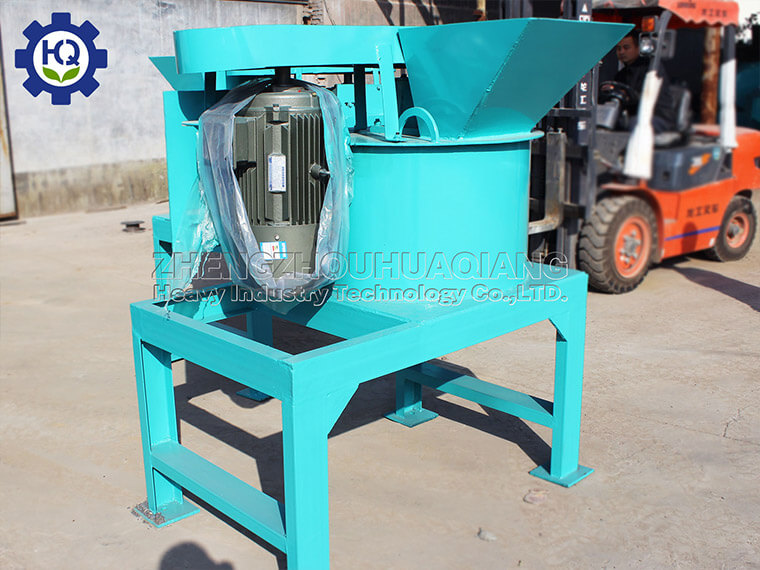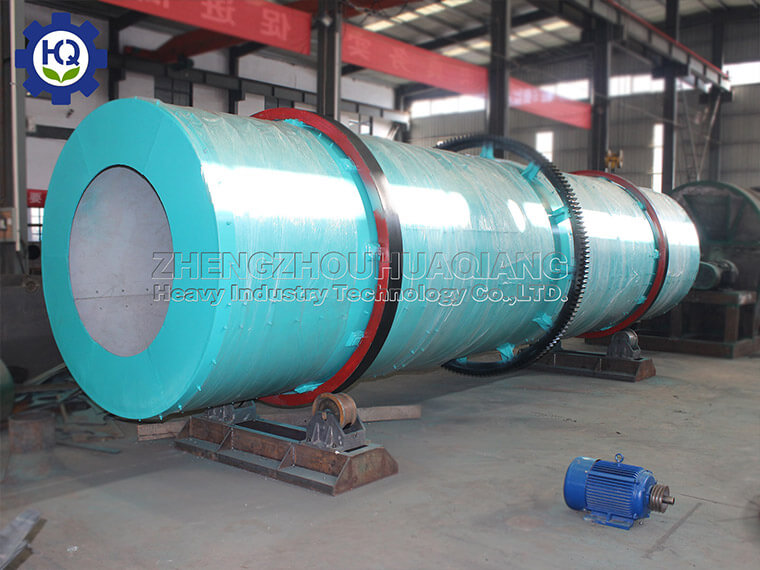What are the common environmental protection measures on organic fertilizer production lines
On the organic fertilizer production line, in order to reduce the impact on the environment, a series of environmental protection measures are usually taken to ensure that the production process meets environmental standards. Here are some common environmental measures:
Waste gas treatment: A certain amount of dust and odorous gases will be generated during the production process. Common waste gas treatment facilities include:
Dust collector: such as bag filter and cyclone dust collector, used to capture and treat dust generated during the production process.
Biological filter: using microorganisms to decompose organic matter in exhaust gas, suitable for treating exhaust gas containing organic odors.
Activated carbon adsorption: used to adsorb harmful gases in exhaust gas, such as ammonia, hydrogen sulfide, etc.
Wet scrubber: Wash exhaust gas with water mist or chemical solution to remove dust and harmful gases..jpg)
Wastewater treatment: The wastewater generated during the production process of organic fertilizer production line needs to be treated to meet discharge standards. Common wastewater treatment methods include:
Physical treatment: such as precipitation and filtration, used to remove suspended solids from wastewater.
Biological treatment, such as activated sludge process and biofilter, is used to degrade organic matter in wastewater.
Chemical treatment: such as coagulation and flocculation, used to remove colloids and dissolved substances from wastewater.
Deep processing: such as membrane filtration and advanced oxidation, used to treat difficult to degrade pollutants.
Noise control: The mechanical equipment of the organic fertilizer production line generates noise during operation. Common noise control measures include:
Soundproofing materials: Use soundproof materials around the equipment, such as soundproof walls and soundproof covers.
Silencer: Install silencers at noise sources such as fans and compressors.
Layout optimization: Reasonably layout the production line and keep noise sources away from sensitive areas.
Resource recycling and reuse:
Water cycle system: Establish a wastewater recovery system to recycle the treated wastewater and reduce water resource consumption.
Thermal energy recovery: Utilizing waste heat from the production process, such as hot air generated during the drying process, to recover thermal energy and reduce energy consumption.
Waste recycling: Classify and treat waste generated during the production process, and reuse recyclable materials.
Environmental monitoring: Regularly monitor the production environment, including air quality, water quality, noise levels, etc., to ensure that the production process does not have adverse effects on the surrounding environment.
By adopting the above environmental protection measures, the organic fertilizer production line can not only reduce the negative impact on the environment, but also improve resource utilization efficiency and achieve sustainable production. When planning and operating production lines, local environmental regulations and standards should be strictly followed to ensure that production activities are coordinated with environmental protection.


.jpg)


.jpg)


